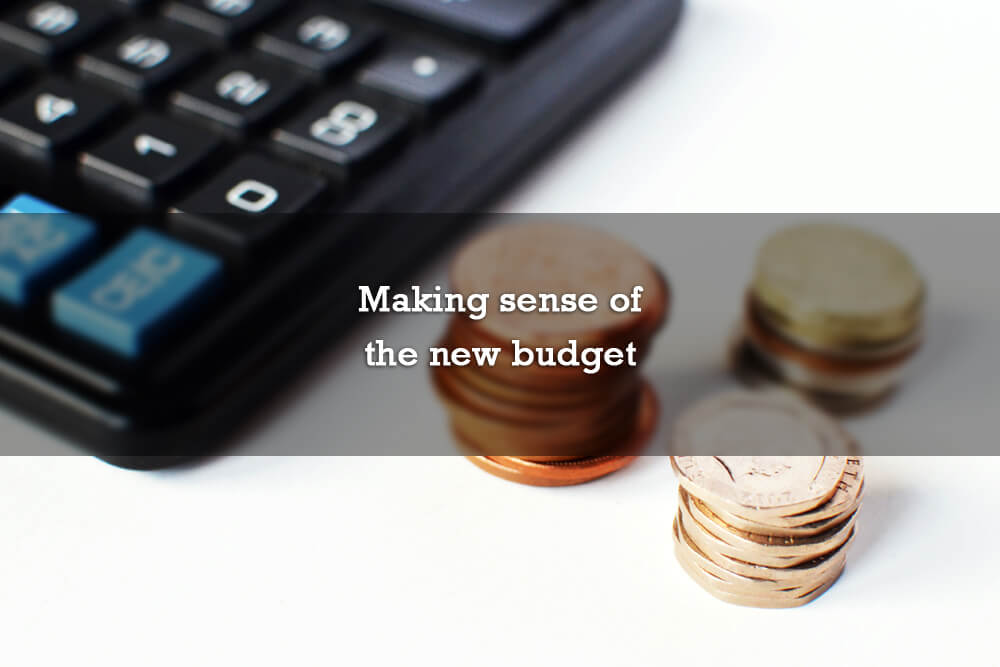The Liberal government is spending big and aiming high with its first budget.
Finance Minister Bill Morneau delivered a budget aimed at creating some stimulus for a slowing economy. Unemployment has risen recently to 7.3%, and this new budget, which includes billions in new infrastructure spending, may create up to 100,000 new jobs.
There was very little mention of housing matters in the budget. While some people still question the existence of a “housing bubble”, growth in housing values is based on fundamentals. The two provinces, BC and Ontario, with the strongest real estate values, are also the ones that have seen unemployment decrease.
The housing market continues to be a key driver in the Canadian economy. New home construction has increased above the 200,000 mark in February and 30% of buyers are first time buyers. There’s no doubt that Canadians greatly value homeownership.
Interest rates remain very low and the Bank of Canada governor stated at the most recent rate-setting on March 9 that “The near-term outlook remains broadly the same as it did in January”. This low rate stance is great news, as The Bank of Canada rate plays a significant factor in the interest rate you pay on your mortgage.
With interest rates this low, the question is always whether it’s better to lock in for a fixed term or go with a variable rate mortgage, especially now when there’s little difference between the two rates. Choosing between a fixed or variable rate is a personal decision based on your individual circumstances, needs, and risk tolerance.
With the expectation that the economy will bounce back with this new budget and the housing market strong as ever, now could be a great time to buy that first home, move up, or refinance your existing mortgage.
As your mortgage professionals, we’re happy to assist you in getting the right mortgage that fits your needs. Contact us today!
Making sense of the new budget
Reading Time: 2 minutes

